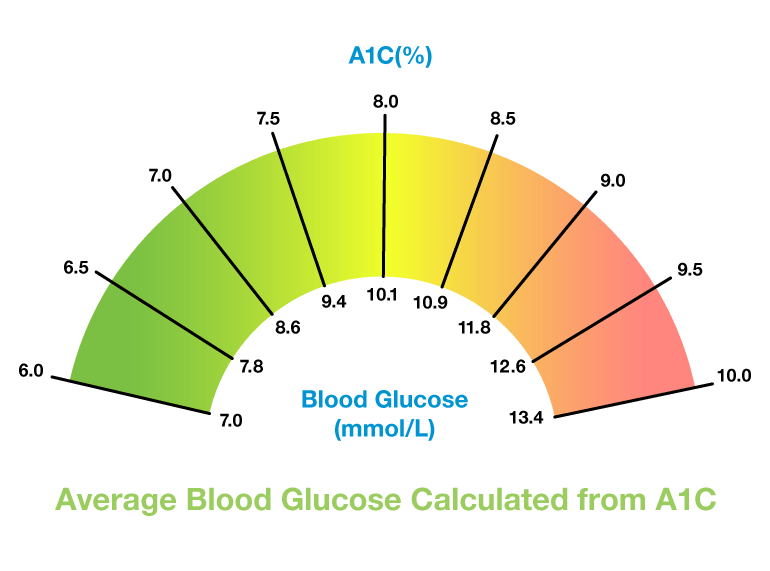Understanding the Science Behind Byetta: Who Manufactures This Medication?
Byetta, also known as exenatide, is a medication used to treat type 2 diabetes. Exenatide is the same medication in Bydureon BCise. While it is not a cure for diabetes, it can help people with type 2 diabetes maintain their blood sugar levels. But what is the science behind Byetta? Who manufactures this medication and how does it work?
Byetta is an injectable medication used to treat type 2 diabetes. It is manufactured and sold by AstraZeneca, a global biopharmaceutical company. Byetta is a glucagon-like peptide-1 (GLP-1) receptor agonist, which helps to regulate blood sugar levels. It is typically taken twice a day, either with meals or within 60 minutes after a meal. Byetta also helps to reduce the amount of food eaten, which can lead to weight loss. In addition, Byetta can help reduce the risk of cardiovascular disease in people with type 2 diabetes. AstraZeneca is committed to providing innovative medicines to help people with type 2 diabetes lead healthier lives.
What is Byetta and How Does it Work to Lower A1C Levels?
Byetta is a medication used to treat type 2 diabetes. It works by helping the body release insulin in response to meals and snacks, which helps lower A1C levels. Byetta works differently than other diabetes medications and can be an effective addition to an overall diabetes management plan. Byetta helps the body release insulin in response to meals and snacks, which can help lower A1C levels.
People with type 2 diabetes often have a decreased ability to break down and use carbohydrates. This means that the body doesn’t release enough insulin, which causes high blood sugar levels. Byetta can help increase the amount of carbohydrate breakdown in the pancreas and increase insulin production to lower blood sugar levels. In this way, it helps people with type 2 diabetes manage their disease more effectively by decreasing risk factors such as high cholesterol or triglycerides.
What is an A1C Level?

A1C is a blood test that measures your average blood sugar level over the past two to three months. It gives you an overall picture of how well your diabetes treatment plan is working and can help you and your doctor make decisions about how to manage it. Knowing what your A1C level should be and managing it correctly are important steps in managing your diabetes.
The Science Behind How Byetta Lowers A1C Levels
Byetta is a diabetes drug that helps to lower A1C levels in people suffering from Type 2 diabetes. It works by stimulating the production of insulin and slowing down the absorption of glucose in the body. This helps to keep blood sugar levels under control and reduce A1C levels.
How Byetta Can Help Improve Diabetes Management
Diabetes is a serious condition that can have a major impact on your daily life. The right management plan can help you stay healthy and keep your blood sugar levels in check. Byetta is an injectable medication that has been proven to be effective in helping people with type 2 diabetes better manage their condition. It works by stimulating the pancreas to produce more insulin, which helps regulate blood sugar levels and reduce the risk of complications related to diabetes. With Byetta, you can create a customized diabetes management plan tailored to your individual needs and lifestyle, allowing you to take control of your health and live life on your own terms.
What are the Benefits of Taking Byetta for Diabetes?
Byetta is a medication prescribed to people with type 2 diabetes, and it has been proven to improve blood sugar levels and reduce A1C levels. Byetta works by stimulating the pancreas to produce more insulin, which helps control blood sugar levels. It also helps reduce the amount of glucose that is absorbed from food in the intestine. Taking Byetta can help patients with diabetes manage their disease and improve their long-term health outcomes. Some of the benefits of taking Byetta for diabetes, including A1C reduction, improved blood sugar control, and long-term effects.
What are the Potential Side Effects of Taking Byetta?
Taking Byetta can have a range of potential side effects, some of which can be serious. It’s important to be aware of the risks associated with taking Byetta before deciding to take it. The possible side effects of taking Byetta are:
- Decreased Appetite
- Weight Loss
- Nausea
- Vomiting
- Upset Stomach
- Diarrhea
- Nervousness
If you have any questions, concerns or are experiencing any side effects from taking Byetta, please consult your doctor or pharmacist.
Byetta Dosing
- Begin subcutaneous (sq) injections of BYETTA at a dose of 5 mcg twice daily at any time 60 minutes before morning and evening meals (or before the two main meals of the day, approximately 6 hours or more apart). To do. Do not administer after meals.
- Based on clinical response, BYETTA dose can be increased to 10 mcg twice daily after 1 month of treatment.
- Administer as a subcutaneous injection in the thigh, abdomen or upper arm.
- Only use BYETTA if the solution is clear, colorless and free of particles.
- Do not mix BYETTA and insulin. Do not transfer BYETTA from pen to syringe or vial.
- If a dose is missed, resume the prescribed treatment regimen at the next scheduled dose.
Byetta dosing should be started at 5 mcg twice daily, any time 60 minutes before breakfast and dinner (or at least 6 hours before the two main meals of the day). Do not administer BYETTA after meals.
Effects on Weight Loss
As with all Glucagon Like Peptide 1 agonist medications, they were initially prescribed as a type 2 diabetes medication. However, after use, patients began seeing that one of the side effects was weight loss. Although Byetta was not FDA approved for weight loss, physicians began prescribing it for off-label use.
It’s not completely understood how Byetta causes weight loss. It’s possible it suppresses your appetite. Multiple studies have shown that Byetta 5mcg caused weight loss of 6 lbs and 10mcg caused weight loss of 7 lbs in patients using these dosages.
Byetta Vs Bydureon BCise
Both Byetta and Bydureon BCise contain the same GLP-1 agonist called Exenatide. The differences between the two is negligible.
Byetta comes as a pre-filled injection pen with 60 doses per pen. There are two pens. One comes pre-filled with 1.2-ml that contains 5 mcg per dose. The other pen is 2.4 ml and contains 10 mcg per dose. Both are given subcutaneously twice a day.
Bydureon BCise on the other hand is an injection pen that is taken once a week. The pen contains a single dose of 2 mg of extended release exenatide. Each dose of Bydureon BCise contains tiny beads that slowly dissolve and release the medication into your system.
